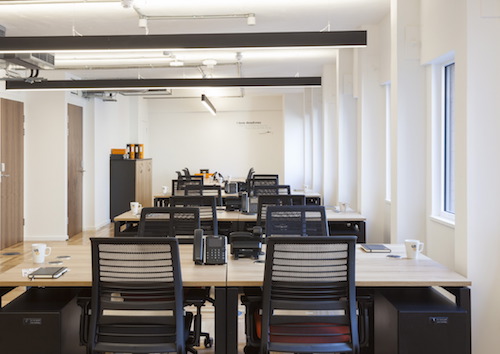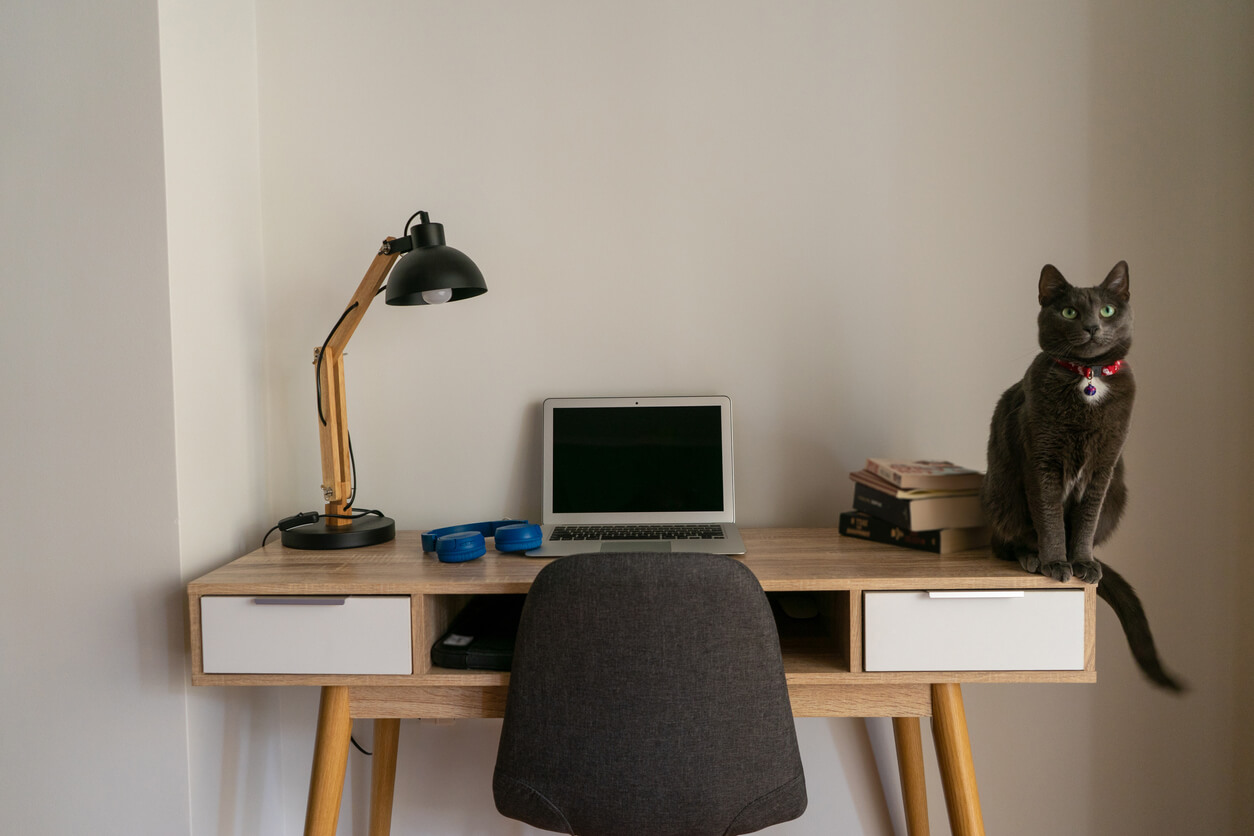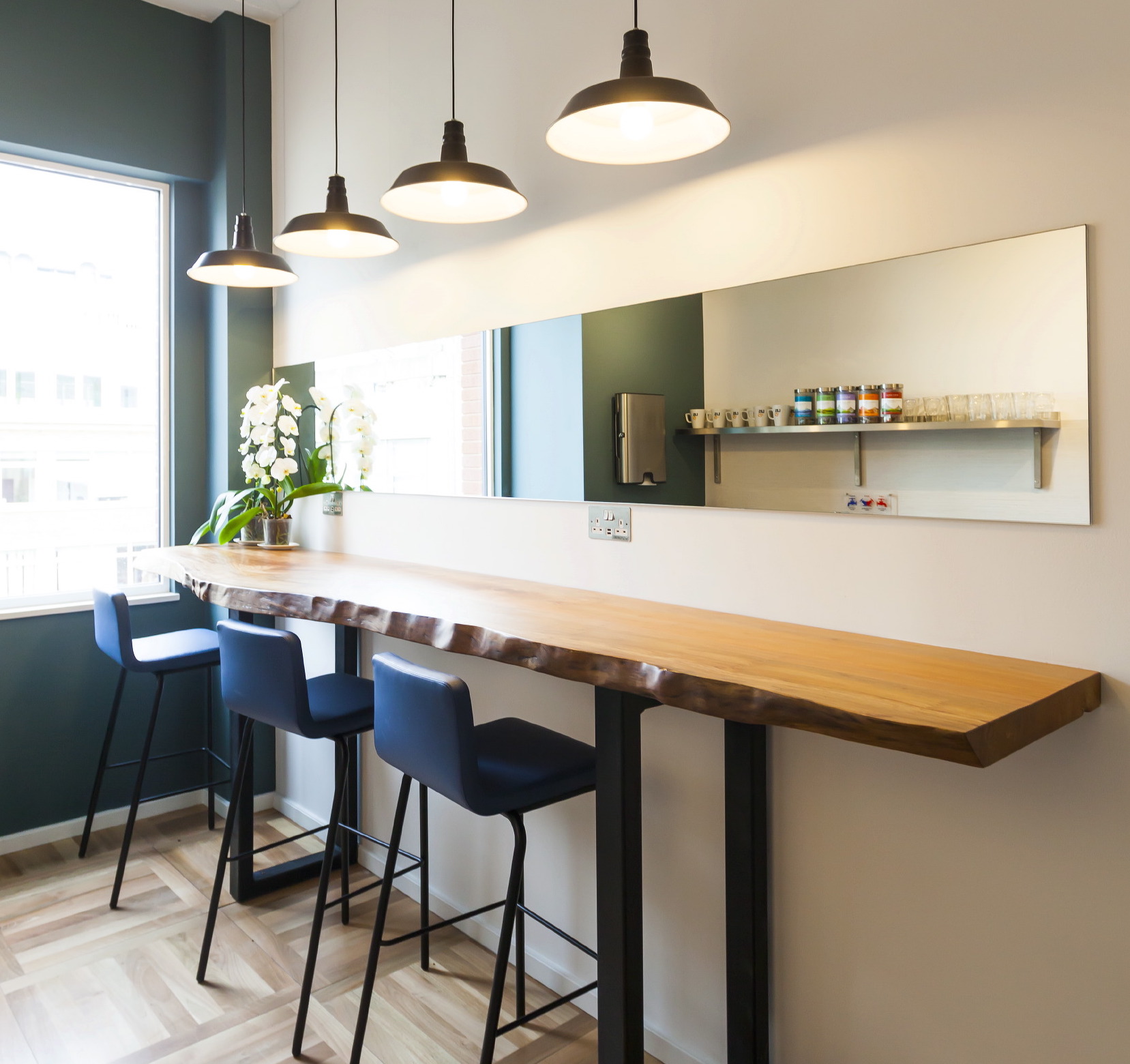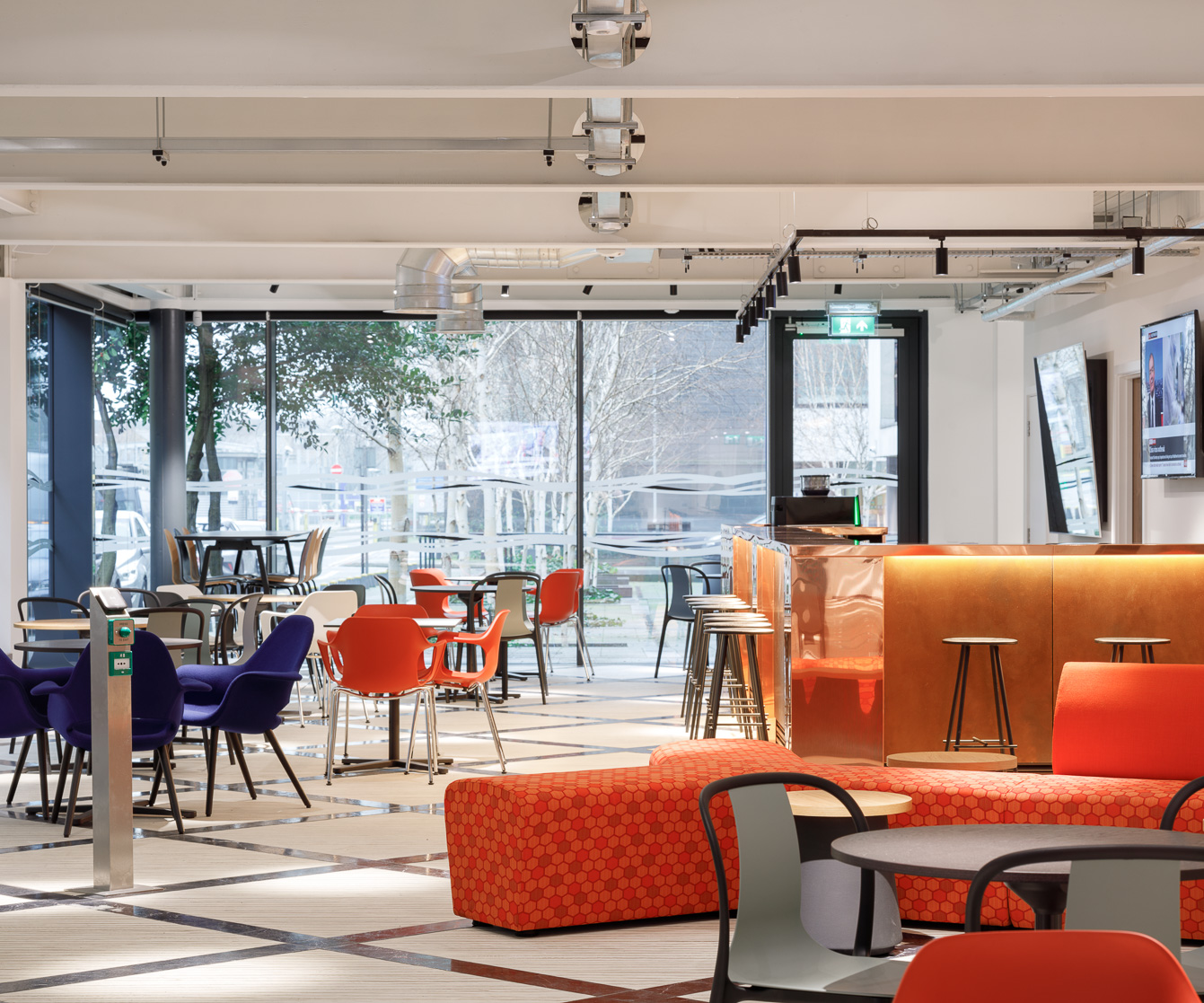Us&Co Blog
Co-Working Vs. Working From Home

In the last four years, the number of people working from co-working spaces has increased phenomenally. As recently as 2015, just over half a million people around the world opted for co-working. In 2018, that number exceeded 1.6 million.
A similar trend is evident when looking at the increasing number of people working from home. It is estimated that – in the UK alone – the number of people remote working has increased by over 200,000 since 2012, to a staggering 4 million.
Both practices offer flexibility and a respite from conventional, desk-chained office working. But how do you work out which is best for you? In this article, we run through some of the most lucrative benefits of co-working and why the set-up is so appealing to workers around the world.
Interested in trying out co-working yourself? Get in touch with the Us&Co team to discuss membership at our London Monument or Dublin workspaces.
1. Co-working centres are designed with productivity in mind
From the spacing of desks to the selection of furniture, a lot of thought and planning goes into the layout of a co-working space. Panels on the side of desks ensure that every individual worker can work on confidential projects without being overlooked. Break-out spaces are also typically kept very separate to working stations, with dedicated areas or rooms for breaks and lunches. This means that the coffee-break chatter doesn’t distract fellow co-workers who are sat at their desks.
One of the major downsides of working from home is that you end up working in an environment cluttered with personalised distractions. It is so much more difficult to concentrate when your TV, games and social media are all so readily available. There is no-one else around to hold you accountable for lapses in productivity.
Co-working eliminates that. Business centres like Us&Co are designed, decorated and furnished in-line with the latest theories in occupational psychology. Everything from desk layout and chair selection to breakout spaces and the flow of natural light has been carefully considered to help you get the most out of your working day.
Read more:
– Why Natural Light Improves Productivity
– Why Co-Working doesn’t mean reduced working privacy

2. Schedule and routine
Overcoming the temptation to oversleep or procrastinate when you don’t have established work hours can take a substantial amount of self-discipline. Who’s going to notice if you sleep late into the morning and don’t begin working until lunchtime?
At the other end of the day, a common working-from-home trap is to continue working late into the evening. Long, laborious days are highly likely to decrease your attention span and productivity. Worse still, a study conducted by University College London found that working 55 hours or more a week increases the chances of suffering a stroke by over 30% compared to those who work the regular 40 hours or less.
Co-working, whilst still vastly more flexible that the conventional office set-up, makes it much easier to stick to a routine than working from home. You have more accountability from your fellow co-workers, not to mention somewhere to physically disconnect from the temptation of afternoon naps.
Read more:
– Are you taking breaks all wrong?
3. Socialising and networking
Human beings are natural socialisers. Our brains are hard-wired for interaction with other people, releasing dopamine as the direct consequence of socialising.
Co-working far exceeds working from home when it comes to providing social opportunities. Workspaces like Us&Co know it’s important to prioritise both work and play, offering members events, breakfasts, after-work drinks and more. Co-working fosters a community that a home-worker simply wouldn’t be able to replicate.
Working-from-home induced isolation can be dangerous for a number of reasons. Firstly, from a mental health perspective, loneliness can go on to trigger depression or anxiety. Secondly, isolation from your colleges can actively damage your career progression prospects. Sadly, studies show that in many cases ‘out of sight = out of mind’.
4. Professional Meeting Locations
A significant proportion of people who work from home perform some sort of client-facing role – for example, freelance consultancy, sales or media. As such, they quite often have to meet with clients, leads, partners and investors – which is quite difficult when your only available meeting space is around the kitchen table!

Co-working spaces offer a notable advantage over this, in that they provide a professional location to host and impress. This is true for a number of reasons:
First of all, co-working buildings themselves tend to be decorated, furnished and laid out in a highly sophisticated manner, that is always going to provide a positive first impression of your brand.
Secondly, there’s the option to book high-tech meeting rooms, equipped with sound-proofing, conference call capabilities, ergonomic chairs and whiteboards – facilities that the average home is unlikely to have.
Even if working from home is your chosen option, using co-working spaces to book external meeting rooms is always a good way to present yourself professionally.
Interested in co-working?
Us&Co offer professional co-working (hot desks, fixed desks, private offices, meeting rooms and event venue hire) in London and Dublin. We pride ourselves on creating a working atmosphere in which growing businesses, SMEs and individuals can thrive and grow.
Get in touch with the Us&Co team today:
London Monument co-working space, 7 Harp Lane
Phone us: 02030313535


